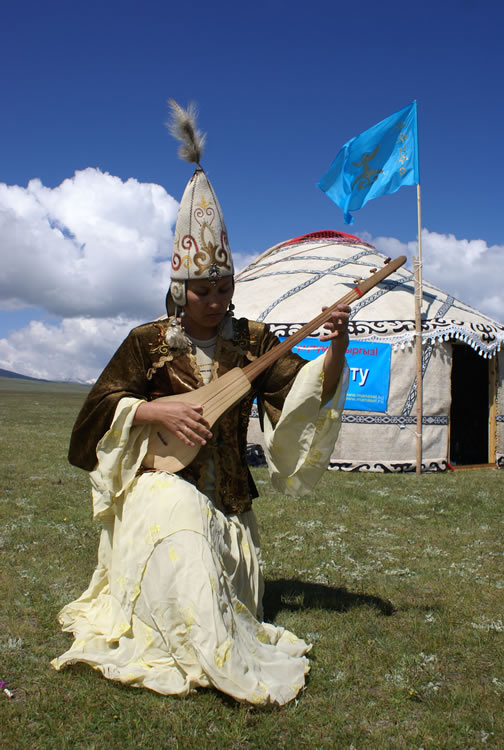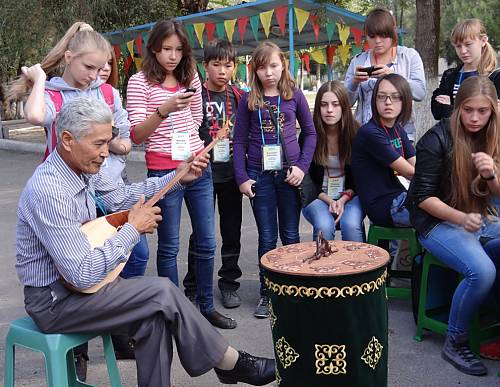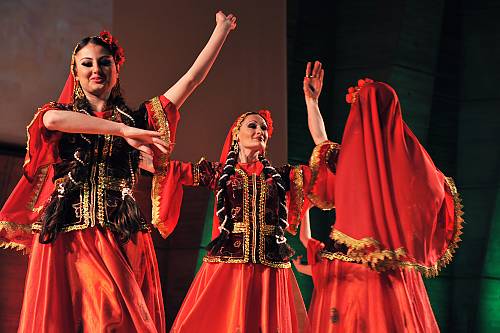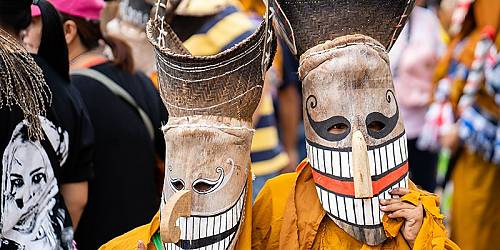What is intangible cultural heritage? What are the links with national sustainable development strategies? How can it be identified? Why and how should it be safeguarded? Who are the key players?
These are just a few of the questions to be addressed in a major capacity-building project just launched by UNESCO, thanks to Norway’s generous contribution of US$1.2 million to the Intangible Cultural Heritage Fund. Aimed at supporting communities in keeping their intangible heritage alive, the project will focus on building know-how and institutional capacity in countries from Central Asia (Kazakhstan, Kyrgyzstan, Tajikistan and Uzbekistan), Portuguese-speaking Africa (Angola, São Tomé & Príncipe and Mozambique) and the Caribbean (Cuba, Dominican Republic, Aruba and Haiti).
Kazakhstan, the latest State Party to ratify the 2003 Convention for the Safeguarding of the Intangible Cultural Heritage, is host of the first workshop. Twenty-five specialists in the field of ICH, representatives from governmental and non-governmental organizations (NGOs), academic and educational institutions and communities will be trained on the implementation of the 2003 Convention at the national level. The workshop will emphasize the role of the government in taking the necessary measures to ensure the safeguarding of the intangible cultural heritage in Kazakhstan, such as adopting a general policy, designating competent bodies, fostering scientific studies and putting in place appropriate legal, technical, and administrative measures.
To date, some US$7 million in extra-budgetary resources have been mobilized to implement the global capacity-building strategy, in addition to the Intangible Cultural Heritage Fund and the Regular Programme budget. These extra-budgetary resources were generously granted by Bulgaria, Cyprus, Flanders (Belgium), Hungary, Japan, Norway, the Republic of Korea, Spain, the United Arab Emirates and the European Union.
Event:
-
Kazakhstan: A new State Party to the 2003 Convention on the road to safeguarding of intangible cultural heritage. (6 April 2012 – 10 April 2012)
Project:
-
Strengthening national capacities for effective safeguarding of intangible cultural heritage in Central Asia (1 January 2012 – 1 January 2016)




